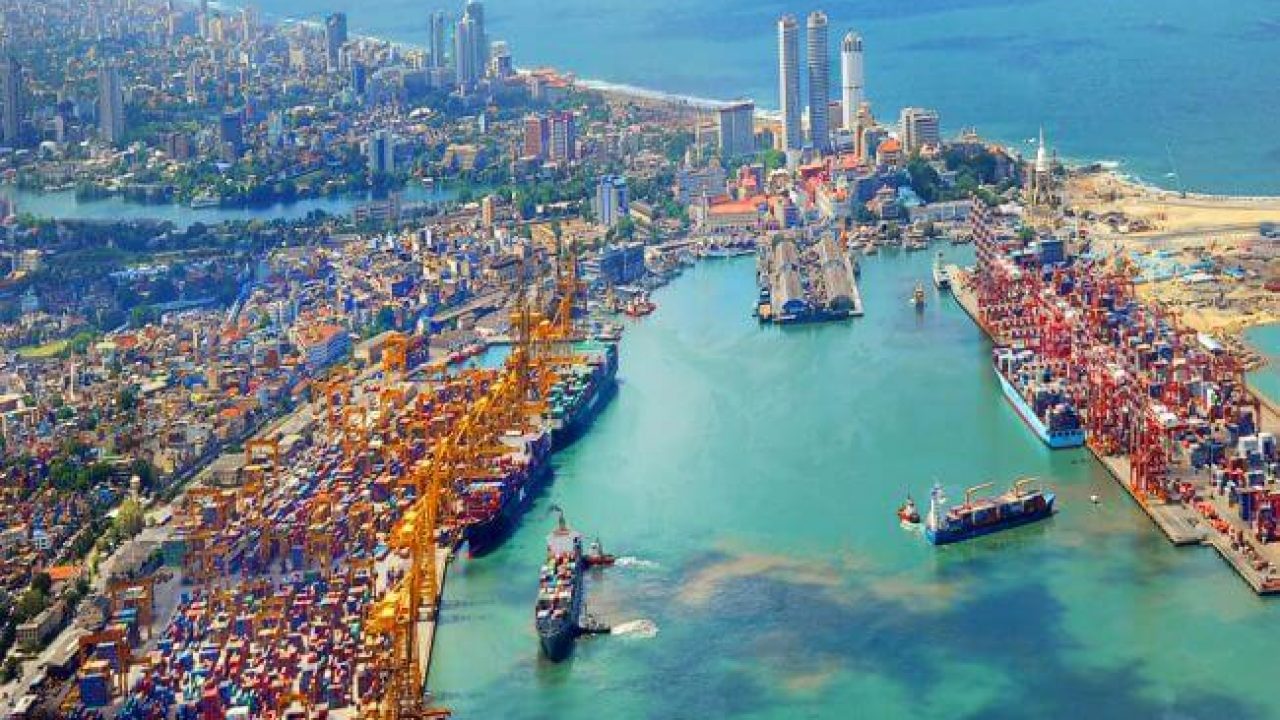
02 Dec Colombo container congestion crisis easing
Serious backlogs at main South Asian transhipment port seem to improve after several weeks of difficulties leading to service cancellations, freight rollovers and supply chains disruption
Extreme congestion that has plagued main South Asian transhipment port Colombo appears to ease after several weeks of trouble leading to service cancellations, freight rollovers and supply chains disruption.
For several weeks, after some terminal workers tested positive for COVID-19, Colombo faced a serious congestion crisis caused by worker shortages.
This in turn, affected the productivity of all Colombo terminals, resulting in delays in berthing, reporting container lines. And the lack of staff also resulted in container yards exceeding capacity, slowing inter-terminal trucking and container transfers.
Last week’s Sri Lankan Ports Authority (SLPA) said that all operations and services at the Port of Colombo “are rapidly returning to normal” following steps it said it had taken, admitting that “port terminals faced an impact on its operations” over the previous week, leading to an estimated backlog of around 50,000 containers.
Sri Lankan news service The morning today reported that SLPA Chairman General Daya Ratnayake had indicated that about 20,000 containers were still in the port, promising that this will be solved within seven days.”
In a customer note this week, container line Hapag-Lloyd suggested that the situation showed signs of ease, adding that all terminals have taken contingency steps, which resulted in the situation improving last week. We partnered with our terminal partners to transfer cargo as quickly as possible and provide alternate routings.”
The line admitted that the problems at the port had led to delays in connections via Colombo, “which were beyond anyone’s control,” and pointed out that they were likely to continue to some degree, noting: “Despite all the measures taken by our terminal partners and our team, we still expect the situation to take some time before everything returns to normal.”
Providing a review of operations as of 28 November, the line estimated average berthing delays at Colombo’s long-haul terminals, CICT and SAGT, approximately 24-36 hours, while at the feeder terminal, JCT, the time was 4-6 days, with a total of approximately 28,000 interterminal transfer units (ITT) pending at port.
SLPA said it had implemented “collective action with decisive steps to restore operations and ensure the well-being of all workers and port users in response to challenges. Accordingly, operations at Jaya Container Terminal, East Container Terminal, Unity Container Terminal, South Asia Gateway Terminal, and Colombo International Container Terminal are currently operating on quayside with scheduled yard operations and Inter-Terminal Transfers (ITT) restored.”
The port operator said its data shows that since 30 October, SAGT has successfully operated the three berths with complete quayside and yard equipment deployment while providing unimpeded gate service for import and export cargo. Inter-Terminal Transfers (ITT) to and from SAGT were impeded by congestion of the three terminal yards.”
SAGT pointed out that before the spread of the COVID-19 second wave in the region, the SLPA and all other terminals “implemented a strategic crisis management plan” that “assured the safety and well-being of our employees and port users. We are happy to report that due to these precautionary steps, all operations and other services are now operating at full speed.
“We are assured that we will return to normalcy and have become accustomed to extending the high level of quality and performance. Our customers’ supports and patience are indispensable and played a crucial role in allowing the Port of Colombo to recover during this tough period.”
SLPA also reported that it had introduced measures for online cargo clearance services “to encourage customers to clear their Full Container Load (FCL) and/or Less than Container Load (LCL) quickly,” adding: “In the meantime, SLPA, supported by SAGT and CICT, has created an operating room to make port operations and services more efficient and reliable around the clock.”

